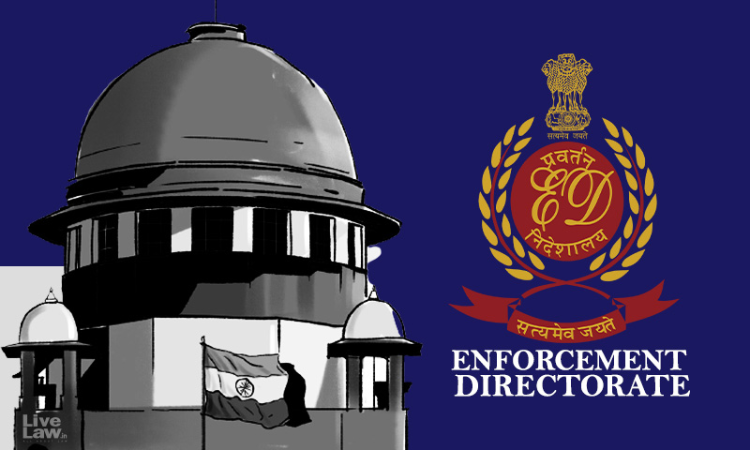The Supreme Court has upheld statutory amendments that permit the extension of tenures for Directors of the Central Bureau of Investigation (CBI) and the Enforcement Directorate (ED).
The court also directed the current ED Director, Sanjay Kumar Mishra, to resign four months before his third extension ends in November.

Tenure Extensions and Amendments
- CBI and ED chiefs’ terms of office: CBI and ED directors have usually had two-year terms.
- Amendments enacted in 2021: The Central Vigilance Commission Act, the Delhi Special Police Establishment Act, and the Fundamental Rules were amended. These changes let directors to get up to three annual extensions, extending their term beyond the two-year restriction.
- Overcoming the court’s order: The revisions were introduced shortly after the Supreme Court ordered the government to stop granting Sanjay Kumar Mishra extensions. These modifications allowed the government to grant Mishra two further extensions.
The Supreme Court’s Decision
- Decision on consecutive service extensions: The Supreme Court ruled that Mishra’s successive service extensions in 2021 and 2022 were unlawful.
- The deadline for resignation is: Mishra was instructed by the court to quit by July 31, allowing for a peaceful transition of responsibilities to his replacement. Mishra has been the Executive Director for five years.
- Disagreement with amicus curiae: The court rejected the arguments offered by its own amicus curiae, which asked the court to overturn the changes. The amicus curiae contended that the possibility of service extensions could persuade directors to act in conformity with the government’s wishes, weakening the agencies’ independence.
High-Level Committees and Justification
- High-Level Committees’ Role: According to the revisions, High-Level Committees must nominate directors for service extensions.
- Composition of the committee and its recommendations: Depending on the agency, members of the committees include the Central Vigilance Commissioner, Vigilance Commissioners, Prime Minister, Opposition Leader, and Chief Justice of India. These committees make recommendations on whether an extension is necessary in the public interest.
- Reasons for recommendations are recorded: Committees must present formal reasoning for their recommendations.
Amendments’ Constitutionality
- Legislative authority: The court stressed that the revisions were enacted by Parliament and should not be ruled unconstitutional lightly.
- The court ruled that the modifications were passed by elected representatives who are knowledgeable about the needs and interests of the people.
- Judicial restraint: The court noted that it should not call into question the judgement of elected officials unless there is a clear violation of constitutional norms.
Source: https://www.hindustantimes.com/india-news/supreme-court-quashes-extension-of-tenure-for-ed-chief-terms-orders-illegal-101689099915546.html
